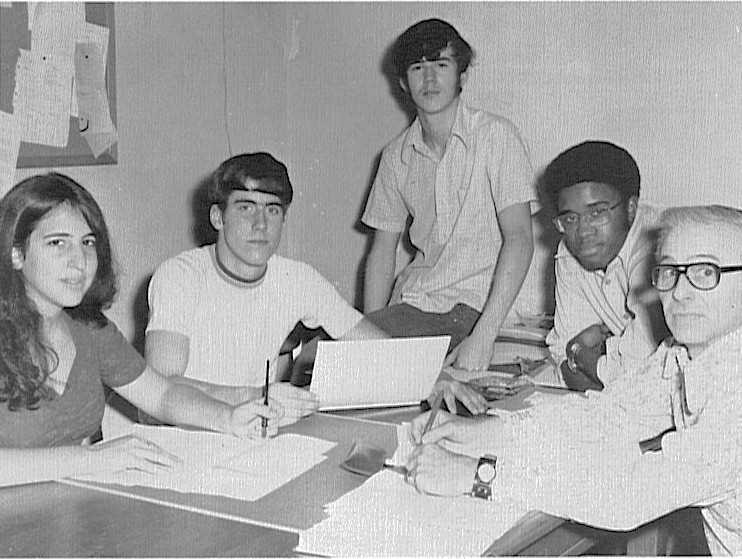Our Unitary President
Funny, I thought he was a Methodist.
From Save the Court:
While the Administration has recently asserted that Congress authorized these domestic wiretaps when it authorized the invasion of Afghanistan and the war against Al Qaeda following September 11, 2001, the Administration’s defense of this unprecedented wiretapping effort will ultimately rest on a claim that the President has broad constitutional authority, as Commander in Chief, to authorize such monitoring even when Congress by statute seeks to prohibit it. There is strong reason to believe that Judge Alito would embrace such a sweeping claim of presidential authority.So I assume Alito will annul Clinton's impeachment?
As a senior political appointee in the Department of Justice’s Office of Legal Counsel (OLC), and later in remarks at Federalist Society events, Judge Alito repeatedly endorsed construing the Constitution to give extremely broad scope to presidential power. At a Federalist Society symposium on administrative law in 2001, Judge Alito endorsed the view – known as the "unitary executive" -- that Congress lacks constitutional authority to put law enforcement power in administrative agencies that are not directly accountable to the President."When I was in OLC []...we were strong proponents of the theory of the unitary executive, that all federal executive power is vested by the Constitution in the President. And I thought then, and I still think, that this theory best captures the meaning of the Constitution’s text and structure...[T]he case for a unitary executive seems, if anything, stronger today than it was in the 18th Century."Similarly, in a 1989 Federalist Society symposium on Morrison v. Olson, the Supreme Court’s decision upholding the Independent Counsel Act, Judge Alito sided with those who claimed that the statute was unconstitutional, stating that the decision had "restricted the executive’s constitutionally guaranteed appointment power," and referring to Justice Scalia’s dissent as "brilliant."
And, as a member of the Solicitor General’s Office, Judge Alito argued that Cabinet officials who authorized illegal wiretaps of Americans to gather intelligence about possible terrorist activities were entitled to absolute immunity from liability. The Supreme Court rejected this claim in Mitchell v. Forsyth, 472 U.S. 511 (1985) (ruling that such officials were entitled to qualified immunity).







